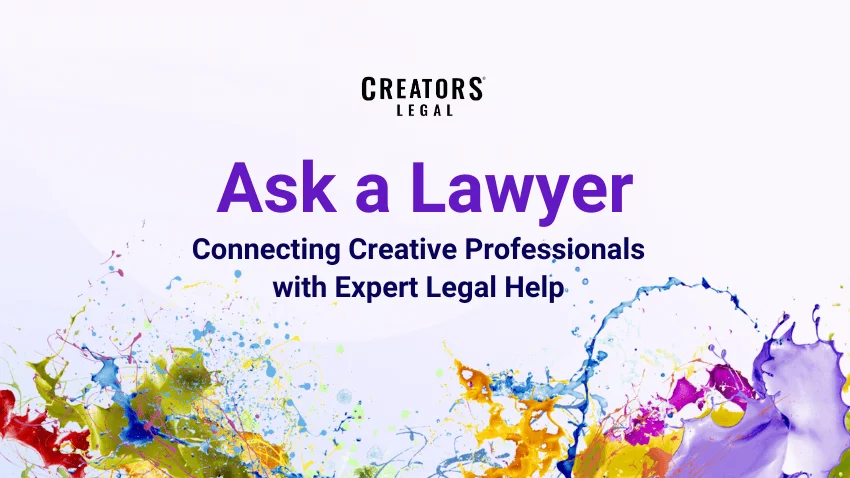Are you wondering how social media laws can impact a business? Well, social media has become an inextricable aspect of people’s daily lives, even for small businesses and workers. Many businesses benefit from the effective use of social media platforms. After all, it is a method that provides direct and free promotion for their products and services while simultaneously enhancing brand recognition. Even so, social media’s power can cause a lot of damage when misused.
The legal environment around social media is constantly changing. In general, social media law encompasses the legal difficulties that arise in the context of user-generated material and the internet platforms that host such content, among other things. Because it encompasses the internet and social media, it is a vast territory.
On both the state and federal levels, social media law comprises both criminal and civil legislation. Some examples of social media laws include those that safeguard or ban the sharing of material and those that widen or limit workers’ privacy rights on social media platforms.
Employers need to be aware of the social media rules that apply to their organizations and how these laws apply to their workers. The most crucial first step is to adopt a social media strategy before anything else happens to avoid a legal lawsuit. That may assist in protecting the company from any risks posed by staff or consumers.
Before asking how social media laws can impact a business, here are some things you need to keep in mind as a business owner or even a social media content creator:
-
Posting of Unpleasant Content
A business should make it plain to its employees that everything they publish on social media can affect it. Threats of violence, hate speech, and harassment may be against the law, and they are almost certainly a violation of business policy.
Also Read: 4 Tips Every Freelance Writing Business Owner Should Know
-
Reactions to Critical Issues
Consumers provide evaluations of businesses on internet platforms to express their support or file a complaint about the company. Negative reviews may be detrimental to a company’s reputation, but how a company responds to negative reviews can be much more detrimental and even result in legal action. An organization cannot retaliate against an employee or customer who leaves a poor review on the company’s website. Additionally, a business entity is not permitted to remove unfavorable evaluations. If an employee posts a good review, you must reveal the nature of the connection between the employee and the reviewer.
-
Content Provided by Third Parties
Third-party material on a company’s social media channels should be addressed by regulations in place along with a content contract, with particular consideration paid to copyright and trademark restrictions. You should also protect customer privacy and financial information, and you should put policies in place to do so. Copyright, trademark, and other intellectual property rights may be infringed upon when a material is posted on social media.
Also Read: What You Should Do if a Client Withholds Payment
-
Endorsements from Influencers
The use of social media marketing has resulted in problems with endorsements from celebrities, athletes, and other influential people. You may prevent people from publishing photographs of these celebrities’ promoting items unless they have received specific permission from the endorser.
-
Use of Images
In this case, social media users and third parties have the right to assert their legal rights when uploaded images are utilized online without the consent of the persons shown in them.
Importance of Social Media Privacy
Businesses should be mindful of the importance of privacy on their official accounts and the personal accounts of their staff. The company requires clarification about whether the social media account is associated with the employee or the company itself. Employees are sometimes granted access to computers, social media accounts, and other devices that are related to their jobs. If there is a disagreement, firms must evaluate whether the social media activity took place during regular business hours or after hours. In addition, they must determine if the behavior is personal or professional.
The Wrap
Even though social media regulations are constantly expanding and changing, a few recognized written laws define the unique environment. While employers are prohibited from discriminating against an employee based on their social media accounts. Still, they are permitted to lawfully fire workers for various reasons that they are not required to reveal. As long as rules continue to evolve, it is essential to be informed of the laws in your state that pertain to social media and employee rights.
Creators Legal is the first and only legal platform built just for Content Creators. Get simple, straightforward, and trustworthy creator contracts in a fast, easy-to-use platform. With a powerful guided Form Builder, a secure e-signature system, and your own personalized dashboard to store and organize all your contracts, you can get yourself protected in minutes without the need for expensive entertainment lawyers!
Want to learn more? Check out CreatorsLegal.com, where you can get single-use contracts or monthly and annual subscriptions on all contracts for creators! Try us now!






